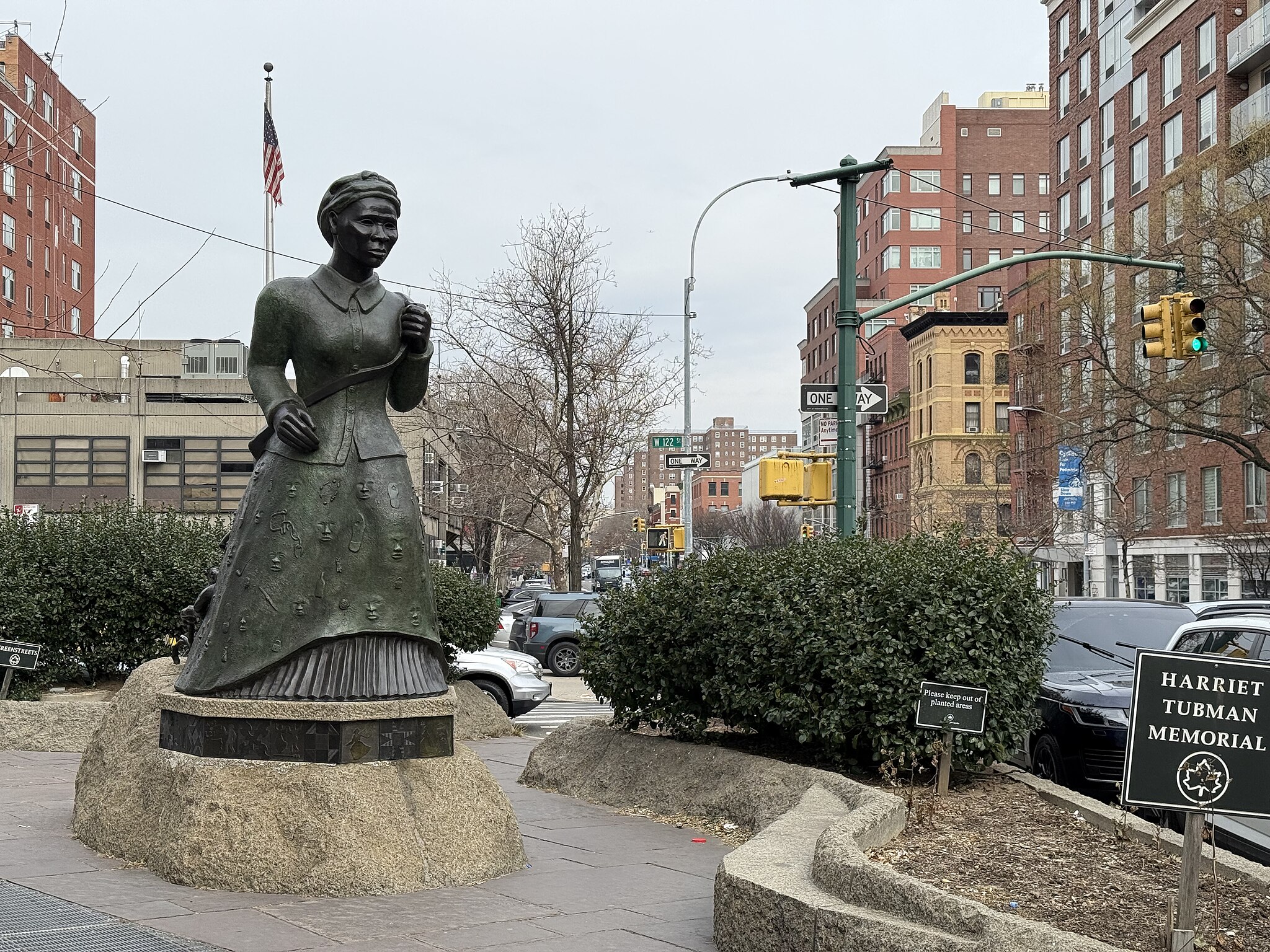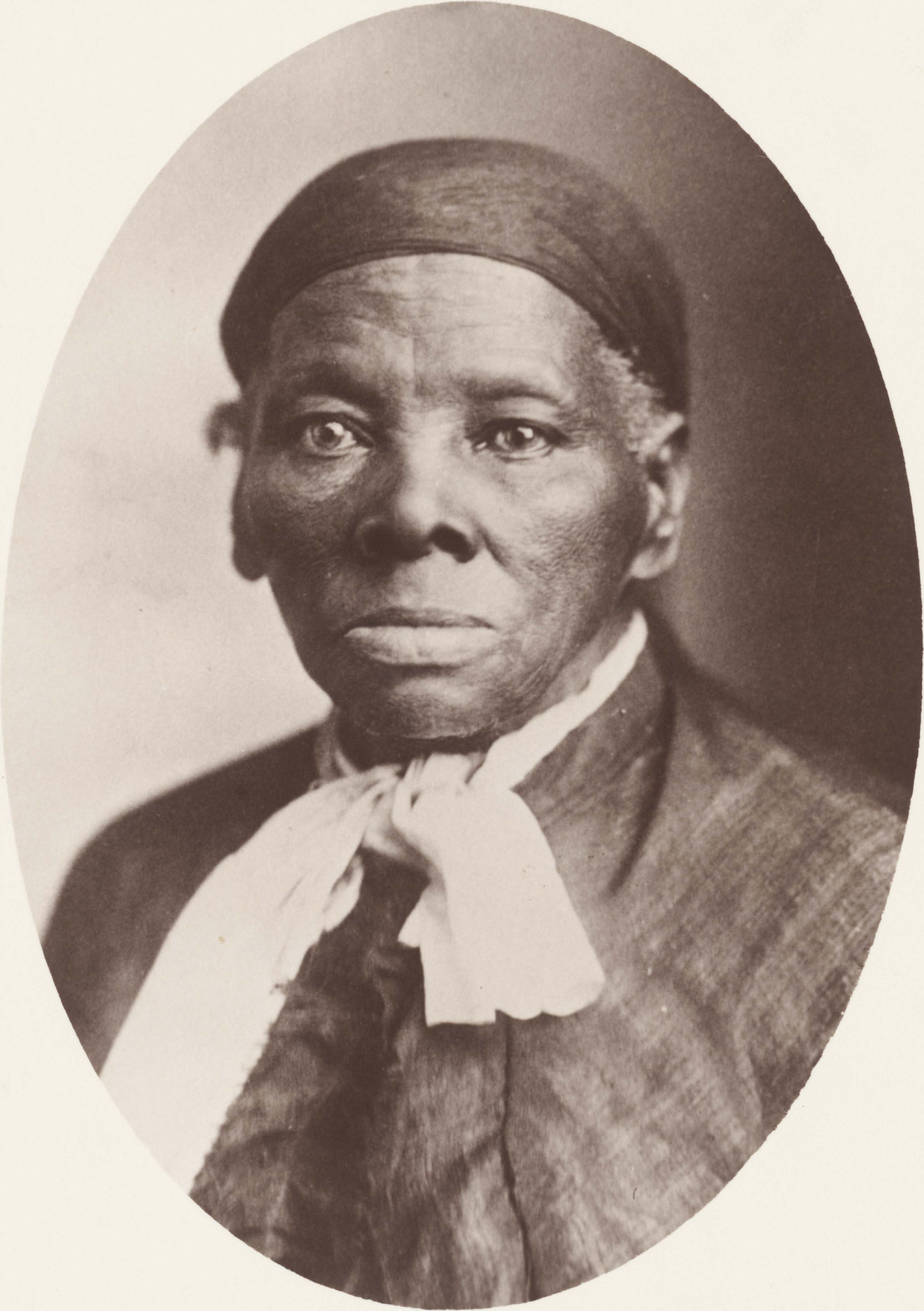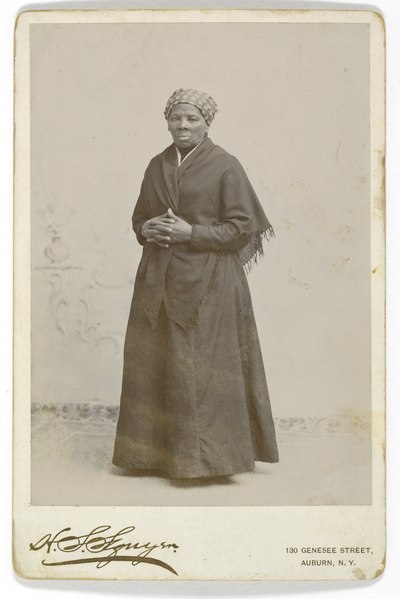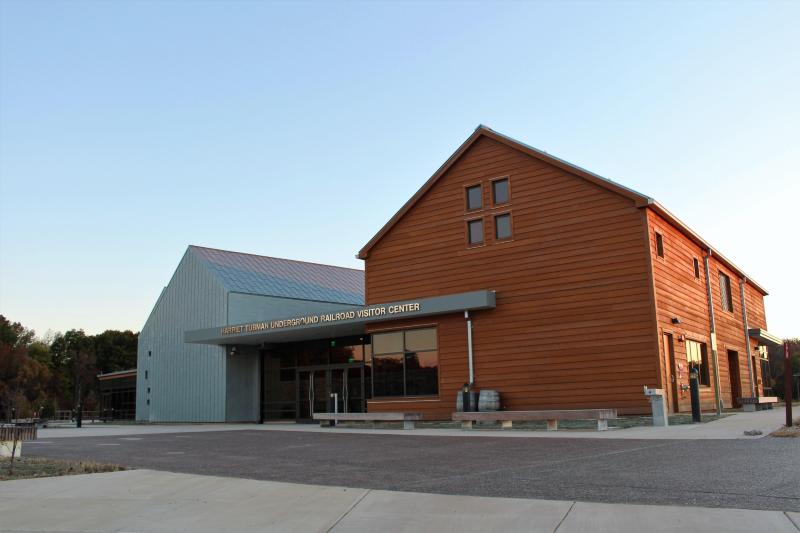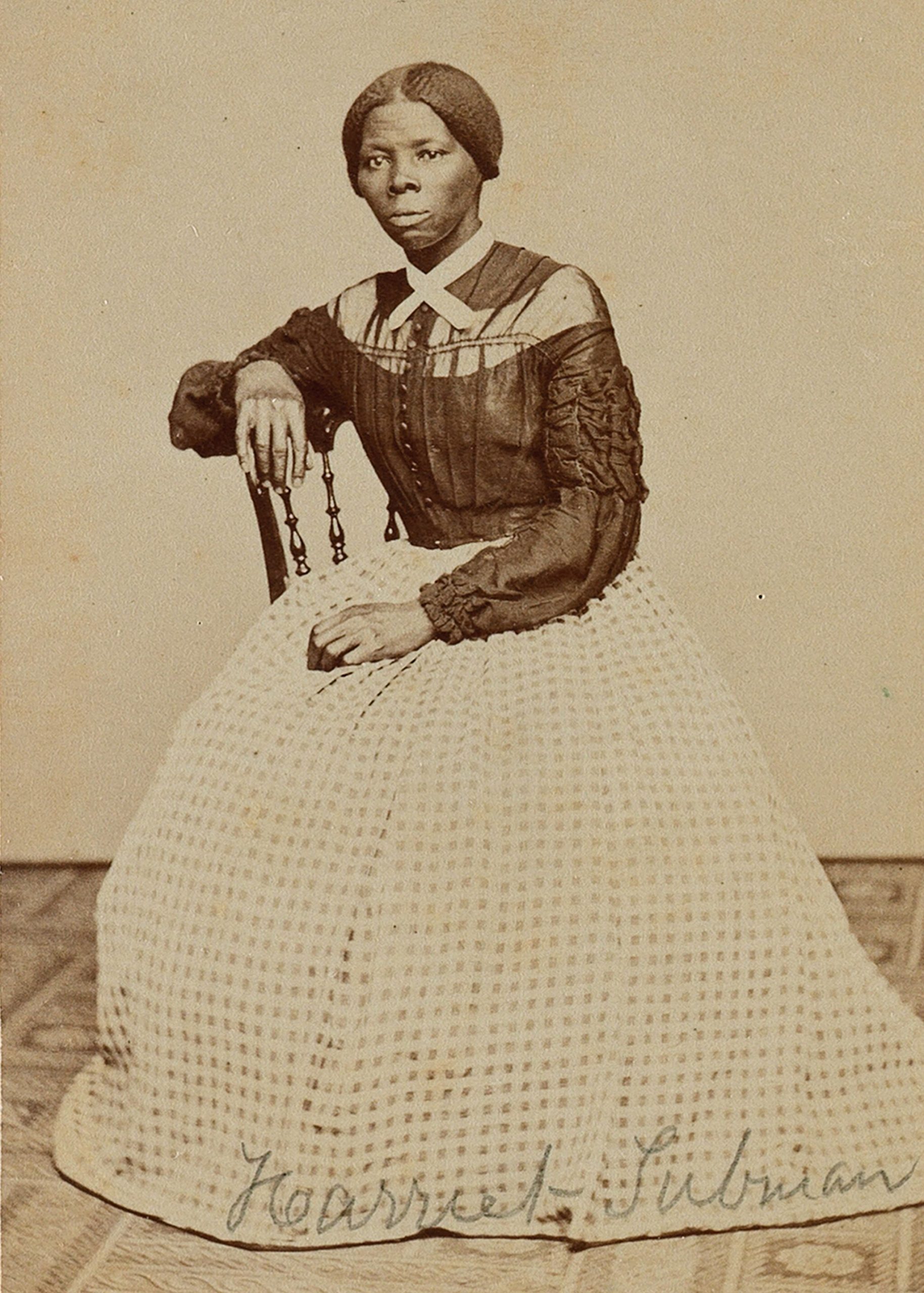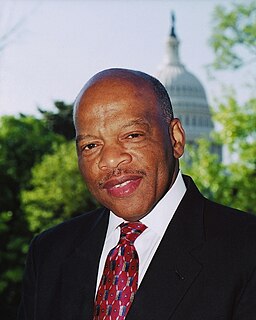
🏛️ 🗳️ Lewis served over 30 years in Congress, representing Georgia’s 5th District.
A Conscience of the Congress
Lewis earned the title “the conscience of the Congress” because of his moral clarity and unwavering commitment to justice. He often framed issues not in terms of politics, but conscience — whether speaking out against war, poverty, or discrimination. His speeches on the House floor were known for their emotional power, blending historical perspective with a moral challenge to his colleagues to “find a way to get in the way.”
Champion for Civil Rights and Voting Rights
During his three decades in Congress (1987–2020), John Lewis remained one of America’s strongest voices for civil rights and social justice. Representing Georgia’s 5th Congressional District, he tirelessly advocated for the protection and expansion of voting rights — viewing it as the cornerstone of democracy. He was a key sponsor and vocal defender of the Voting Rights Act of 1965, and later the Voting Rights Advancement Act, working to restore protections gutted by the Supreme Court’s 2013 Shelby County v. Holder decision. His annual commemorative march across the Edmund Pettus Bridge in Selma became both a reminder and rallying cry to preserve the right to vote.
Advocate for Equality, Healthcare, and LGBTQ+ Rights
John Lewis consistently pushed for policies that advanced equality and opportunity for all Americans. He supported universal healthcare, co-sponsored the Affordable Care Act, and fought to include protections for LGBTQ+ Americans in civil rights legislation — long before such stances were politically mainstream. He viewed equality as indivisible, famously saying, “You cannot tell people they cannot fall in love with someone because of their race, color, or gender.”
Leadership on Education, Poverty, and Gun Safety
Lewis was deeply invested in issues that impacted the poor and working class. He advocated for Head Start, affordable housing, and increased funding for education, seeing them as tools for empowerment. He also took firm stances on gun reform, organizing and leading a rare sit-in on the House floor in 2016 after a string of mass shootings. The action drew national attention and reminded the public that nonviolent protest — even within the halls of Congress — could still make “good trouble.”
Honors, Legacy, and Final Acts of Courage
Over his career, John Lewis received numerous honors, including the Presidential Medal of Freedom from President Barack Obama in 2011. Even while battling pancreatic cancer in his final year, he continued to work and inspire others — making a final trip across the Edmund Pettus Bridge just months before his death in 2020. His congressional record, like his life, was one of moral courage and enduring hope — a living testament to his lifelong message: “Never, ever be afraid to make some noise and get in good trouble, necessary trouble.”
💡 Fun Fact: John Lewis was arrested even in his 70s for nonviolent protests on immigration rights.

